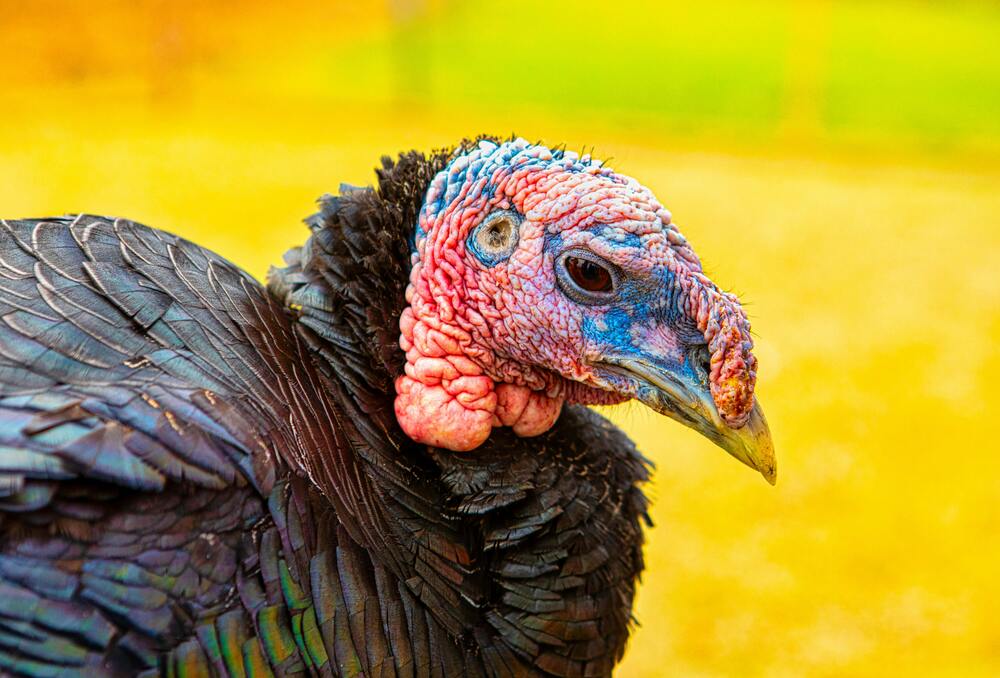When you raise turkeys, you quickly realize how delicate they can be. A sudden cough, a change in droppings, or birds that seem unusually quiet can make any farmer worry. Because turkeys are flock animals, when one gets sick, others are at risk too. In these moments, it might be tempting to treat them with whatever antibiotic is on hand, or something you once heard another farmer mention.
But choosing the wrong treatment doesn’t just waste money—it can actually make things worse. Antibiotics are powerful tools, but only when they are used correctly. A wrong choice might not help the sick turkeys at all, and even worse, it can contribute to antibiotic resistance. This is why veterinarians play such a crucial role in keeping flocks healthy. They don’t guess. They evaluate, diagnose, and then prescribe what will truly work.
Looking at the Whole Flock, Not Just the Sick Bird
Veterinarians don’t usually treat turkeys one by one. Instead, they consider the health of the entire flock. If a few turkeys show signs of illness, it’s a signal that others might already be infected. A vet will often begin with a careful look at the environment—feed quality, water systems, housing conditions, and even air circulation. Many problems that look like infections at first may actually come from poor ventilation or nutritional gaps.
When a true infection is suspected, the vet might take samples from the sick birds. These samples are tested to identify the exact bacteria involved. This step may feel like it takes precious time, but it’s far better than throwing antibiotics at the problem blindly. By understanding what bacteria are causing the illness, the vet can narrow down which medications will actually be effective.
Matching the Antibiotic to the Enemy
Once the bacteria are identified, the vet chooses an antibiotic designed to fight that specific kind of infection. For example, if tests show that a bacterial strain is sensitive to ampicillin, then that will likely be the drug of choice. This isn’t a guess; it’s a decision backed by science and evidence.
One example is US Vet, which offers treatments like ampicillin for injectable suspension. Vets may use this kind of antibiotic when it’s the right match for the bacteria involved. What matters here isn’t the brand or the bottle—it’s the careful process of selecting the correct drug, dose, and timing. This is how veterinarians protect both the immediate health of the flock and the long-term usefulness of antibiotics.
Dosing Is More Than Just Numbers
After choosing the antibiotic, the next step is determining how much and how often it should be given. Dosing in turkeys isn’t as simple as following the directions on the label. Vets consider the age of the birds, their weight, and even the way the medicine is absorbed in a turkey’s body. Some drugs are given through water, others through feed, and still others by injection. Each method has its own benefits and challenges.
Getting the dosage wrong can create serious problems. Too little medicine means the bacteria aren’t fully destroyed, which allows them to bounce back even stronger. Too much can stress the birds’ systems and cause setbacks in growth. That’s why dosing is carefully calculated by the vet, rather than left to guesswork. It’s a balancing act between effectiveness and safety, one that requires training and experience to get right.
Protecting the Future of Poultry Health
Antibiotics are precious tools, and every time they are misused, their power weakens. This is what’s known as antibiotic resistance: when bacteria learn to survive treatments that used to kill them. For turkey farmers, this is a real threat. A resistant strain in your flock today could mean a treatment failure tomorrow, not just for you but for others in the industry as well.
Veterinarians understand this risk, which is why they stress using antibiotics only when absolutely necessary. They may recommend preventive measures instead, such as improved housing, cleaner water systems, or better feed practices. These steps reduce the need for antibiotics in the first place, creating healthier birds and lowering long-term costs for the farmer. In this way, the vet’s role is both immediate—saving birds when they’re sick—and future-focused, protecting the effectiveness of antibiotics for years to come.
Conclusion: Why You Should Trust the Experts
Choosing the right antibiotic for turkeys isn’t something that should ever be left to chance. What looks like a shortcut today can create bigger problems tomorrow. Veterinarians bring the training, tools, and perspective to choose the right treatment, in the right amount, at the right time. They weigh the health of the entire flock, the science behind bacterial infections, and the long-term consequences of antibiotic use.
So, the next time your turkeys seem off, resist the urge to reach for a random medicine. Instead, call your vet. By letting them guide the process, you’re not only protecting your flock—you’re helping safeguard the future of poultry health across the industry.


